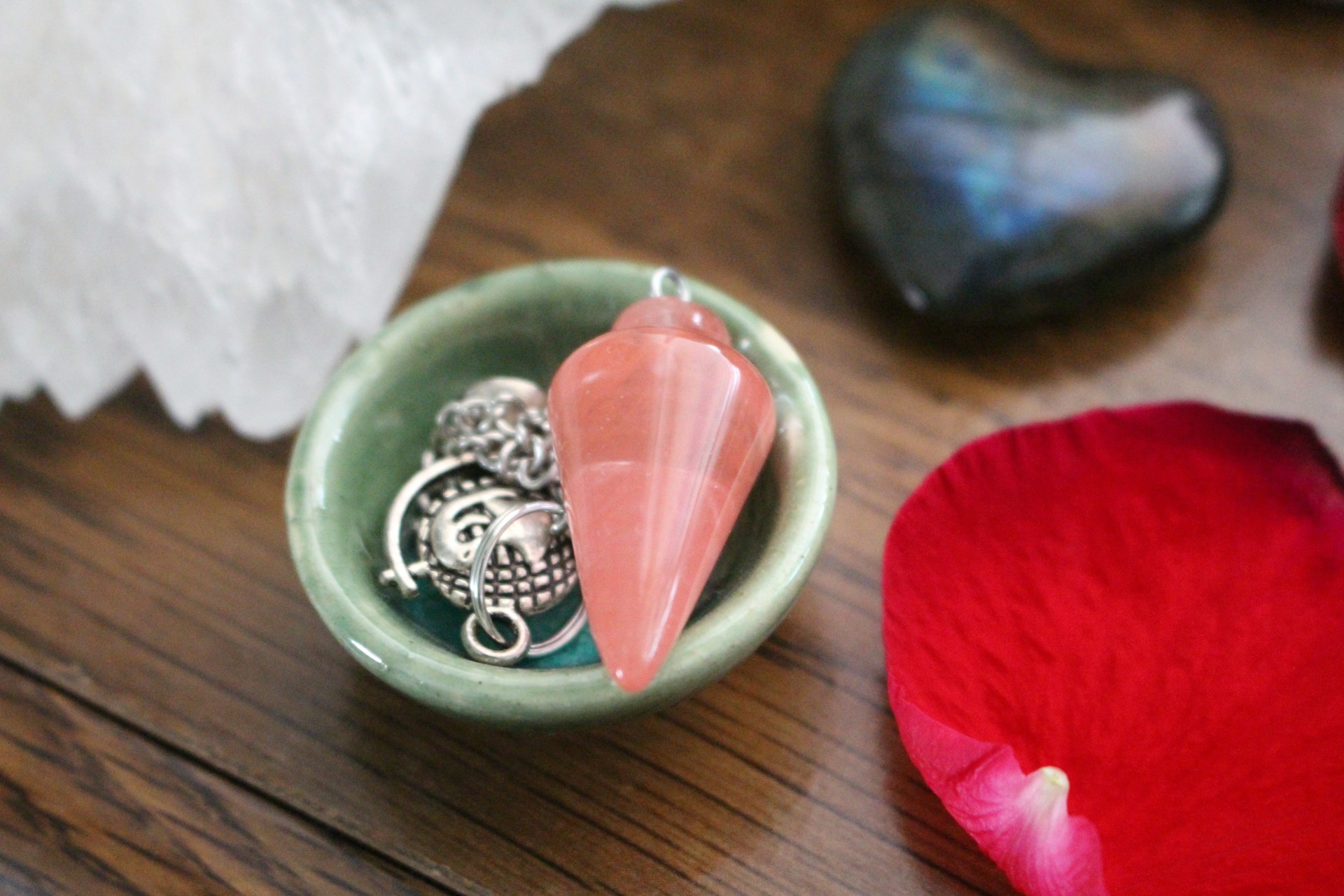Have you ever felt like you just get people? Like you can walk into a room and immediately sense the mood, or even feel the emotions others are experiencing as if they were your own? If this sounds familiar, you might be an empath.
Empaths are those special folks who are highly attuned to the emotions and energies of the people around them, which can be both a superpower and a kryptonite in relationships. Understanding how this trait interacts with your interactions can transform your relationships for the better.
Identifying as an Empath
Are you an empath? Let’s dig a little deeper. Empaths are known for their profound emotional sensitivity, often absorbing the feelings of others. They tend to need significant alone time to recharge after social interactions and are incredibly intuitive about people’s needs and emotions. If you find yourself constantly helping others with their problems, or if people tell you that you’re “too sensitive,” these could be clues to your empathic nature.
To help you figure out if you might be an empath, consider these questions:
- Do you often feel overwhelmed in crowded places?
- Can you easily tell how someone is feeling, even without them speaking?
- Do you need time to recharge after social gatherings?
- Are animals and children unusually drawn to you?
Answering ‘yes’ to these might indicate that your empathy is more developed than you might have realized.
Empaths and Romantic Relationships
Navigating romantic relationships as an empath can feel like a rollercoaster. On one hand, you have the ability to forge deep connections, truly understanding and feeling your partner’s emotions. On the other, it can be overwhelming to be so tuned into another person’s emotional state, especially if they’re dealing with a lot of stress or negativity.
Challenges for Empaths:
- Emotional Overwhelm: Taking on your partner’s emotions can be draining and may lead to burnout.
- Boundary Issues: It’s easy for empaths to lose themselves in their partner’s problems, sometimes forgetting to take care of their own needs.
- Attracting Negative Types: Empaths often attract partners who are either needy or manipulative because they can sense the empath’s willingness to help.
Advantages in Relationships:
- Deep Connections: Your ability to understand and empathize creates a strong bond between you and your partner.
- Empathic Communication: You likely excel at resolving conflicts by understanding and addressing the emotions involved.
To keep your relationship healthy and balanced, try these tips:
- Set clear boundaries with your partner about your needs and limits.
- Make time for yourself to unwind and recharge alone.
- Communicate openly about your feelings and encourage your partner to do the same.
Empaths and Family Dynamics
Family life can sometimes be the hardest area to manage as an empath. Within the family setting, you might find yourself in the role of the mediator, the one everyone turns to when emotions run high. This can be exhausting, especially when family conflicts demand a lot of emotional labor.
Challenges for Empaths in Families:
- Emotional Buffer: Often, empaths absorb stress to keep peace, which can lead to personal distress.
- High Expectations: Family members might expect you to always understand and manage their emotions, which is an unfair burden.
Managing Family Dynamics:
- Setting Boundaries: It’s crucial to communicate your limits clearly to family members.
- Seeking Support: Don’t hesitate to ask for support from other family members or even professional help when needed.
Empaths need to guard their wellbeing carefully in family relationships, ensuring they don’t always put others’ emotional needs before their own.
Empaths in Friendships
Friendships for an empath can be deeply rewarding but also potentially draining. You might find yourself becoming the go-to person for friends in crisis because of your understanding nature. While it’s great to be trusted, you also need to protect your energy.
Balancing Acts:
- Choosing Friends Wisely: It’s important for empaths to surround themselves with friends who give back emotionally and not just take.
- Maintaining Boundaries: Regularly communicate your needs and limitations to your friends to avoid emotional fatigue.
Friendship Benefits:
- Mutual Understanding: A good friendship provides mutual support where both parties feel valued and cared for.
Ensuring that your friendships are balanced can greatly enhance your social satisfaction and prevent burnout.
Empaths in the Workplace
The workplace can be a minefield for empaths, with its own set of challenges and opportunities. Your sensitivity can make you a valued team member but can also lead to you feeling overwhelmed if not managed properly.
Navigating the Professional Environment:
- Emotional Currents: Empaths can sense undercurrents in the office, which can be useful for navigating workplace politics.
- Overcommitment: There’s a risk of taking on too much in an effort to help or to maintain harmony.
Workplace Advantages:
- Teamwork and Leadership: Your ability to understand and respond to colleagues’ feelings can make you a natural leader or a cooperative team player.
Tips for Workplace Wellbeing:
- Professional Boundaries: It’s important to learn how to say no or to delegate tasks to avoid overburdening yourself.
- Scheduled Downtime: Ensure you have breaks scheduled into your day to prevent emotional and physical burnout.
Understanding how to harness your empathic traits in the workplace can turn potential challenges into significant advantages.
Self-Care Strategies for Empaths
Self-care isn’t just a luxury for empaths—it’s a necessity. Because you absorb so much from others, having strategies to manage and mitigate this is essential for maintaining your wellbeing.
Effective Self-Care Practices:
- Routine: Regular habits and rituals can ground you and make your environment more predictable and comforting.
- Nature and Quiet Time: Spending time in nature or in quiet settings can help clear your mind and reset your emotional state.
Investing in your self-care is the best way to ensure that you can continue to care for others without losing yourself.
Being an empath affects every relationship in your life, from romantic to professional. While it can pose unique challenges, being an empath also provides you with the tools to create meaningful and deep connections with others. By understanding and embracing your empathic nature, and taking steps to look after your emotional health, you can turn your sensitivity into a powerful asset.















